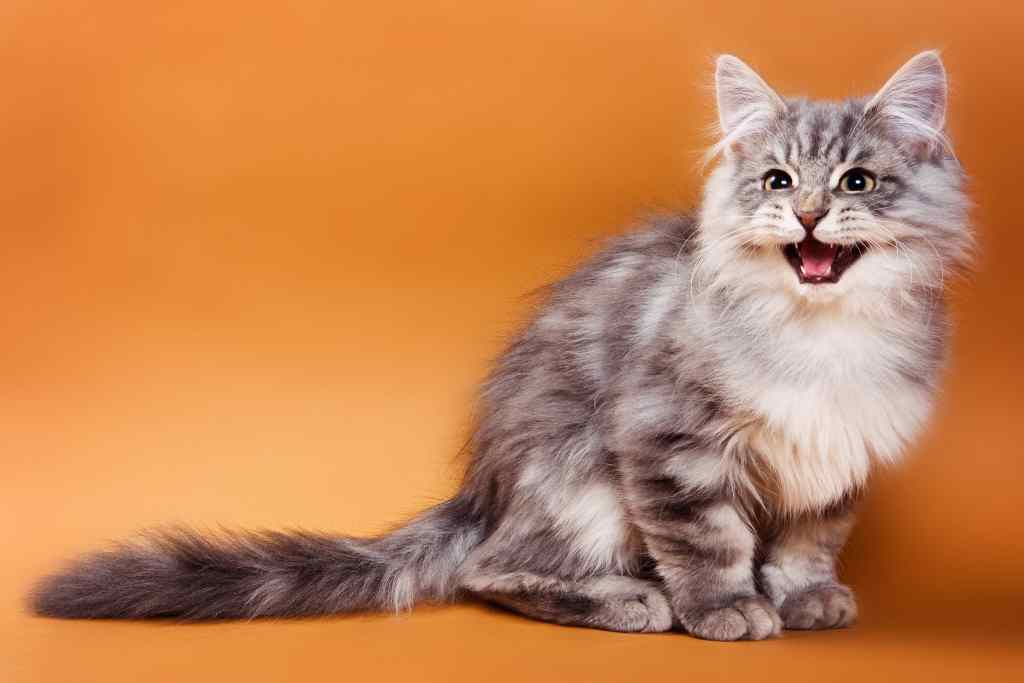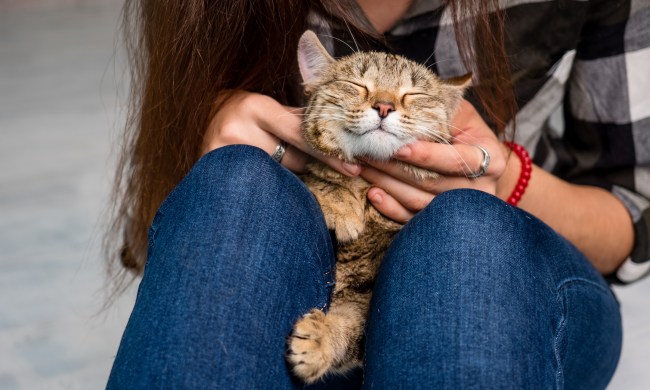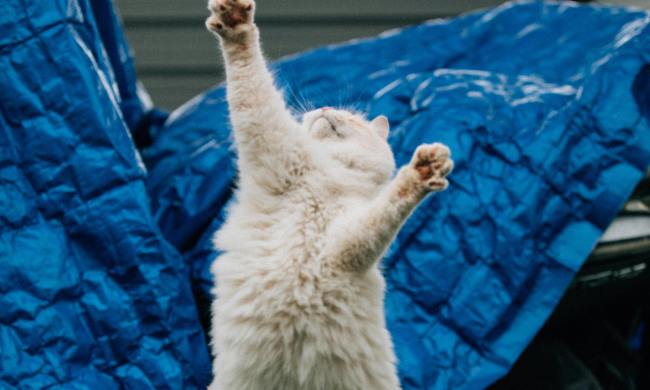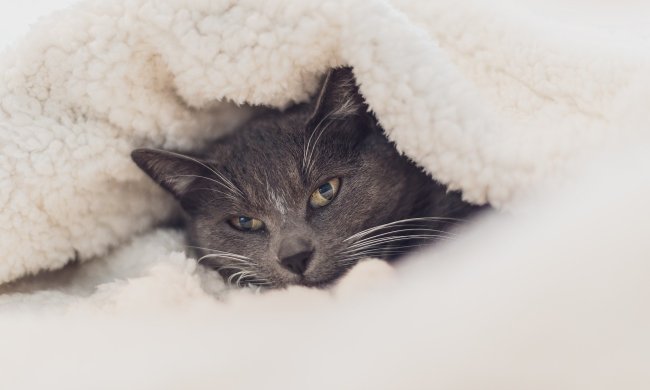It’s not exactly news that cats communicate with humans by meowing, In fact, you may have already learned to recognize what each of your cat’s meows means. If your cat stops meowing, though, you might have a problem.
Some causes of this odd change are normal and harmless — and some will even resolve quickly — but there are also potential causes that can be much more serious. This is why it’s important to get your vet involved early on. If you’re wondering “why doesn’t my cat meow?” you’ll want to get to the bottom of the issue to determine whether your cat needs additional help.
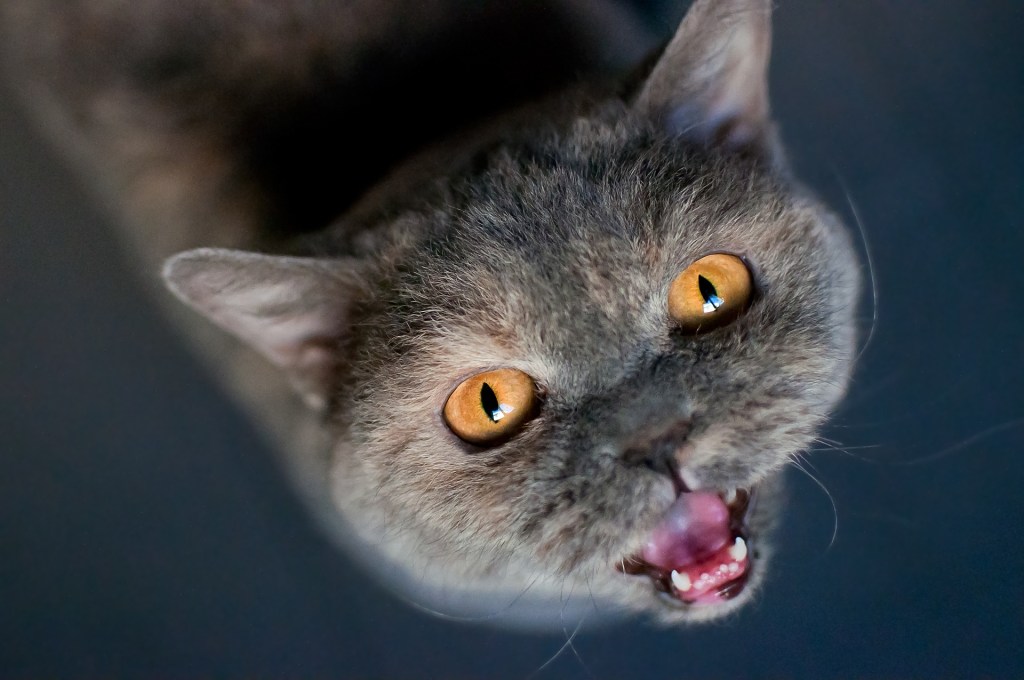
Why doesn’t my cat meow? Emotional upset could be the cause
If you think that “my cat doesn’t meow,” it might be because they’re stressed or upset. If your cat is experiencing significant change, like having just moved into a new home, they may be staying quiet out of fear. The same is true if you’ve recently brought a new pet home. Your cat may be trying to avoid the new pet and any resulting fights that could occur if they meow and make noise. Alternatively, something like the loss of a companion or a recent illness could cause a kitty to feel shut down and quiet.
If you suspect your cat has stopped meowing because they’re upset, it’s important to find ways to support them through this time. They are letting you know something’s wrong, and you may need to make changes to help your kitty. That could mean giving your cat their own secure space in the house where other pets can’t go or using pheromones to help promote a calm mindset during highly stressful times. Once your cat feels better and more confident, they’ll probably be back to their regular vocal self.
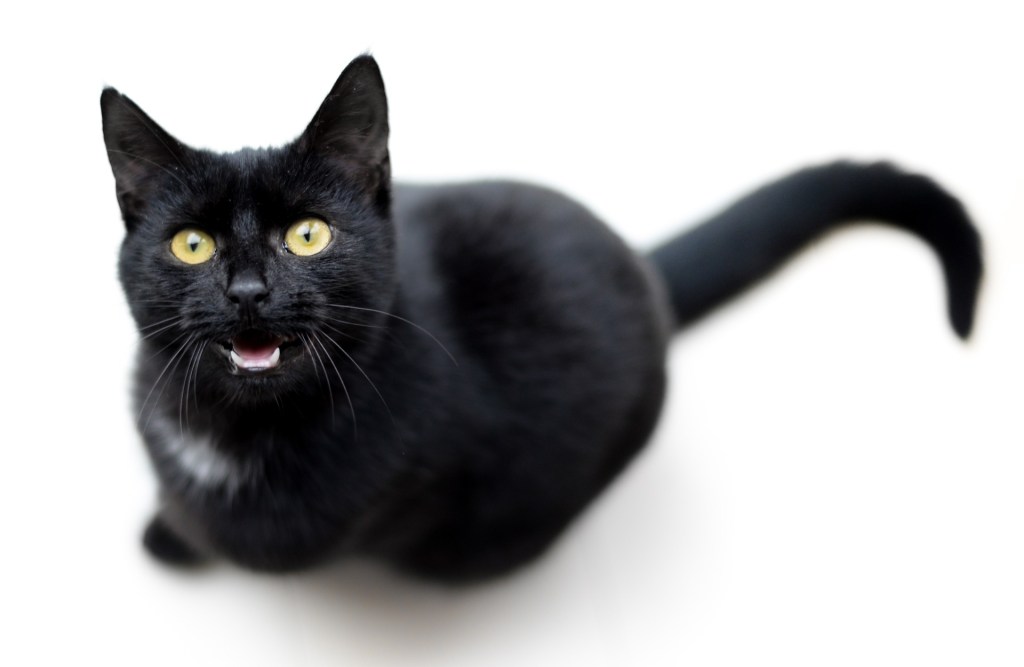
Cats can experience sore throats and strained voices, too
If your cat has recently stressed the vocal cords, your pet might not meow for a few days. This may be the case if your cat meowed incessantly at neighborhood cats through the window for a long period. They may have strained their vocal cords, but should recover quickly.
It’s also possible that a recent surgery could have aggravated your cat’s vocal cords. Vets insert a tube through a cat’s throat to ensure that the animal receives plenty of oxygen while anesthetized. Sometimes this tube can irritate the throat and lead to inflammation (some people experience this too!) and your cat essentially loses their voice for a few days.
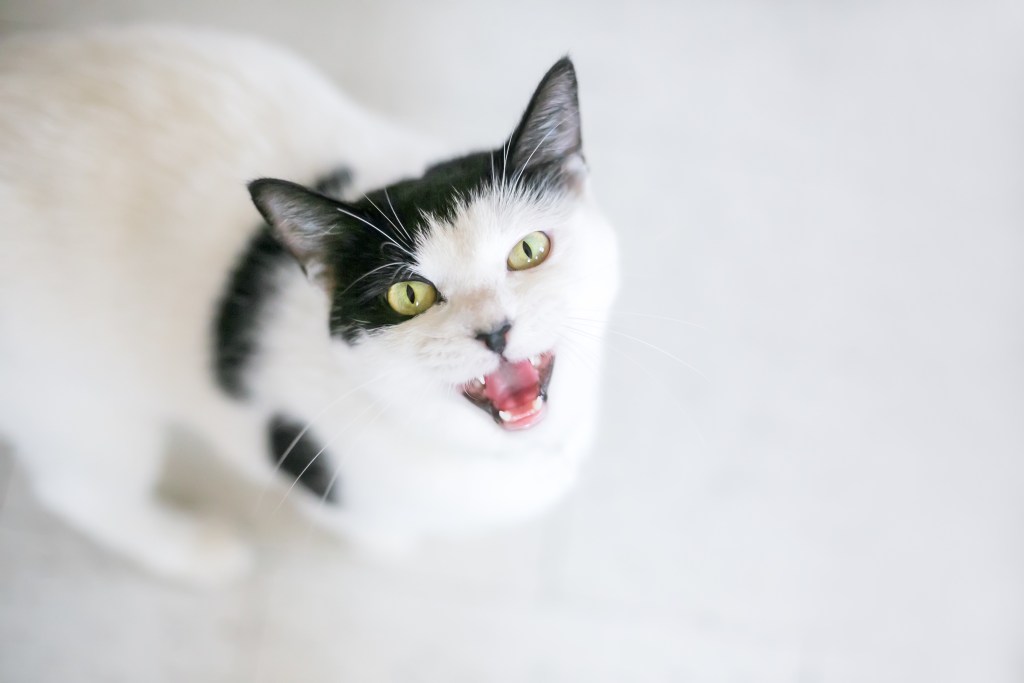
Illnesses can cause a cat not to meow for a while
Some feline illnesses can also cause your cat to stop meowing. Upper respiratory infections could cause laryngitis in cats, though this is somewhat uncommon. In addition to losing their meow, you might notice your cat is coughing and sneezing, or they might lose their appetite.
Allergies can also cause wheezing and sneezing and may reduce or stop your cat’s meowing.
If you suspect that your cat is sick, schedule an appointment with your vet right away. With treatment, your cat will usually start meowing again once they’re feeling better.
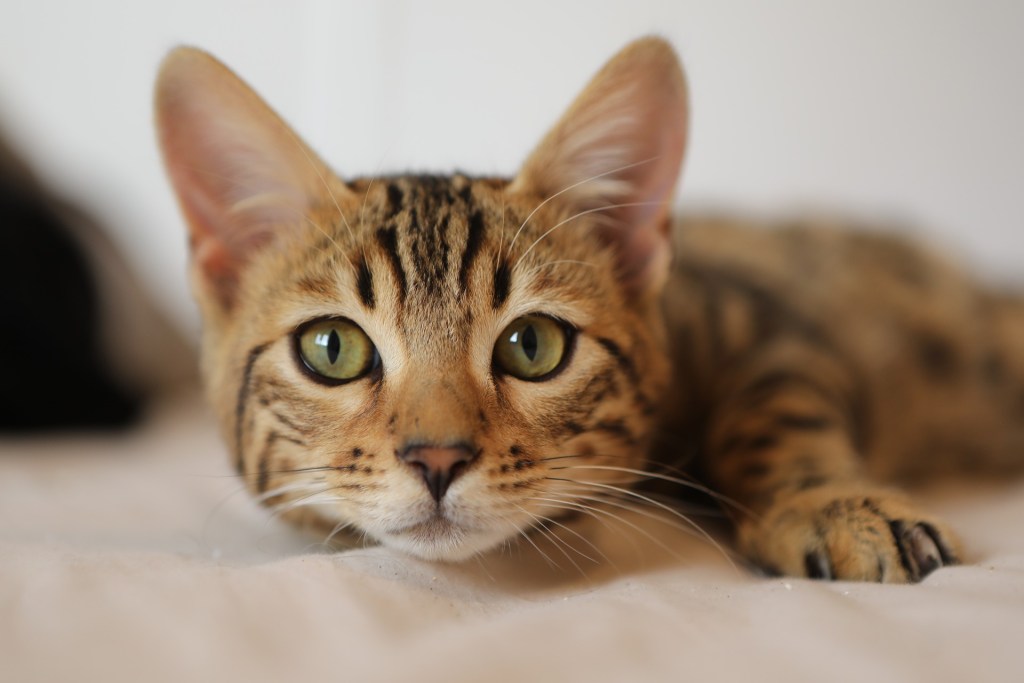
Injuries and other physical issues can make meowing difficult
Sometimes your cat may injure their throat or voice box. If they got a stick or piece of a toy stuck in their throat, this could have caused nerve damage and other irritation. Older cats sometimes experience a condition called laryngeal paralysis in which their voice box stops working correctly. This issue can prevent your cat from being able to meow, but it’s not painful.
If your cat loses the ability to meow, a tumor or growth could also be to blame. A tumor near your cat’s voice box or in the throat may change the meow — or stop it altogether.
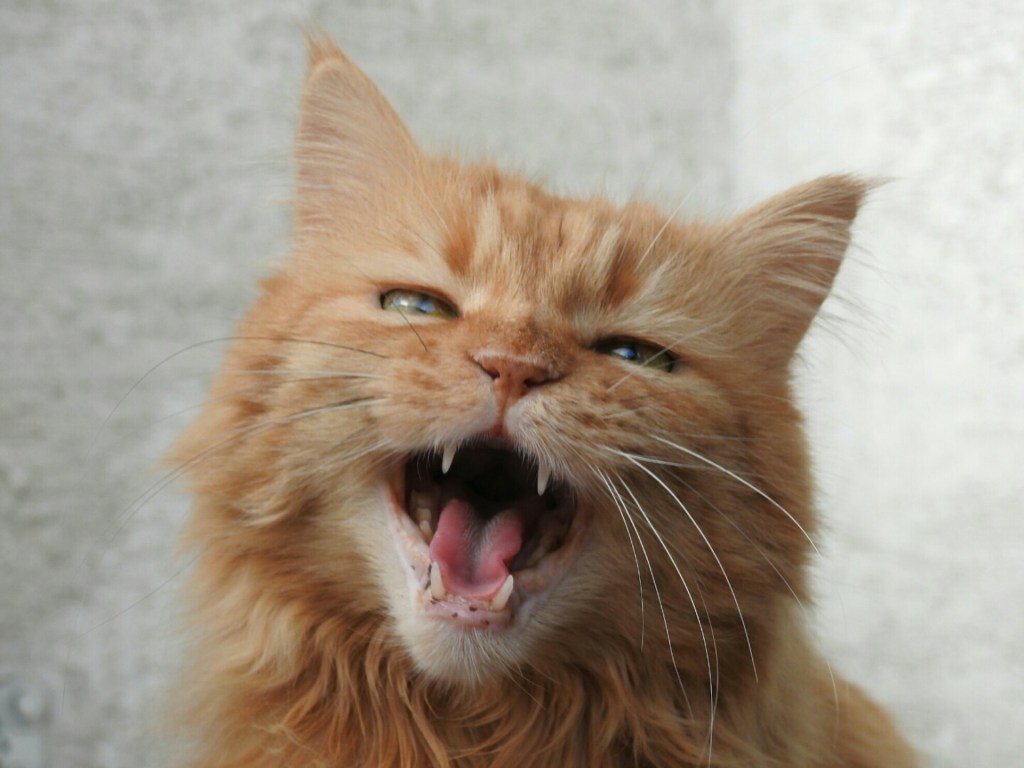
Your cat may struggle to meow if they’ve been exposed to inhaled irritants
If your area has been in the thick of summer wildfires — or if your furry friend comes with you on a camping trip, they may be at risk of smoke inhalation. Dust can irritate your kitty’s airway and vocal cords, too, so they don’t need to be sitting next to a campfire to risk vocal irritation.
If your cat inhales something icky, you might notice an immediate response, such as gagging, coughing, or wheezing. Severe cases of inhalation irritation could cause a cat to lose their meow, so don’t hesitate to bring your pet to the nearest veterinarian if you suspect smoke or dust inhalation.
Sometimes, your cat’s loss of meow is completely harmless. It can occur as they age, or it might return in a few days, good as new. But there can be other causes behind this issue that are much more serious and require veterinary attention. If your cat suddenly loses the ability to meow, it’s always a good idea to schedule a vet appointment, just in case. Your vet can thoroughly examine your cat and verify that there is nothing more serious going on that needs additional attention.
